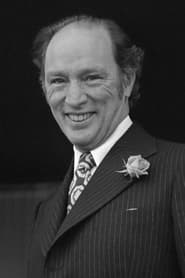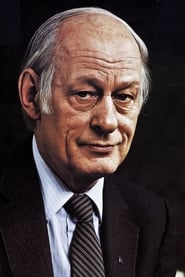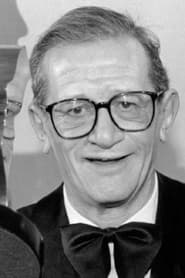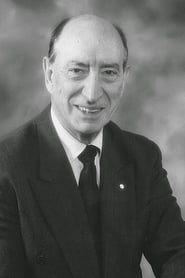
The Champions, Part 2: Trappings of Power(1978)
Part 2 of this 3-part documentary series about Pierre Elliott Trudeau and René Lévesque covers the years between 1967 and 1977, a colourful decade that saw Trudeau win three federal elections, the 1970 October Crisis and the sweeping rise to power of the Parti Québécois.


Movie: The Champions, Part 2: Trappings of Power

The Champions, Part 2: Trappings of Power
HomePage
Overview
Part 2 of this 3-part documentary series about Pierre Elliott Trudeau and René Lévesque covers the years between 1967 and 1977, a colourful decade that saw Trudeau win three federal elections, the 1970 October Crisis and the sweeping rise to power of the Parti Québécois.
Release Date
1978-01-01
Average
0
Rating:
0.0 startsTagline
Genres
Languages:
EnglishFrançaisKeywords
Similar Movies
 6.0
6.0Mr. Dressup: The Magic of Make Believe(en)
Kindness, creativity, inclusivity, and a touch of magic makes the world a brighter place. Explore the story and impact of Canadian entertainer Ernie Coombs and his iconic series, Mr. Dressup, which enriched the lives of five generations.
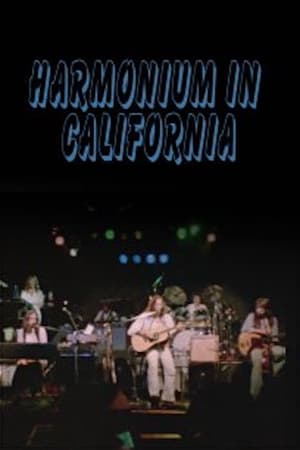 4.0
4.0Harmonium in California(fr)
Through concerts and interviews, folk-progressive group Harmonium takes Quebec culture to California. This documentary full of colour and sound, filmed in California in 1978, recounts the ups and downs of the journey of the Quebec musical group Harmonium, who came to feel the pulse of Americans and see if culture, their culture, can succeed in crossing borders.
 6.5
6.5Is the Crown at war with us?(en)
In the summer of 2000, federal fishery officers appeared to wage war on the Mi'gmaq fishermen of Burnt Church, New Brunswick. Why would officials of the Canadian government attack citizens for exercising rights that had been affirmed by the highest court in the land? Alanis Obomsawin casts her nets into history to provide a context for the events on Miramichi Bay.
 7.5
7.5Bowling for Columbine(en)
This is not a film about gun control. It is a film about the fearful heart and soul of the United States, and the 280 million Americans lucky enough to have the right to a constitutionally protected Uzi. From a look at the Columbine High School security camera tapes to the home of Oscar-winning NRA President Charlton Heston, from a young man who makes homemade napalm with The Anarchist's Cookbook to the murder of a six-year-old girl by another six-year-old. Bowling for Columbine is a journey through the US, through our past, hoping to discover why our pursuit of happiness is so riddled with violence.
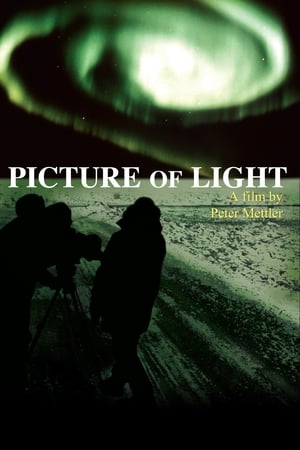 6.7
6.7Picture of Light(en)
A documentary of an expedition to Churchill, Manitoba to film the Northern Lights.
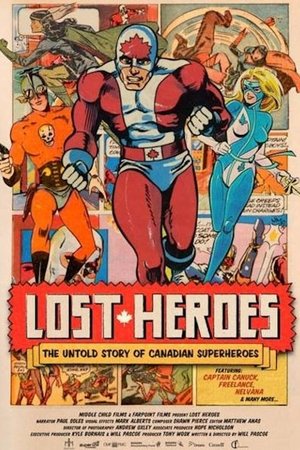 8.0
8.0Lost Heroes(en)
Lost Heroes is the story of Canada's forgotten comic book superheroes and their legendary creators. A ninety-minute journey to recover a forgotten part of Canada's pop culture and a national treasure few have ever heard about. This is the tale of a small country striving to create its own heroes, but finding itself constantly out muscled by better-funded and better-marketed superheroes from the media empire next door.
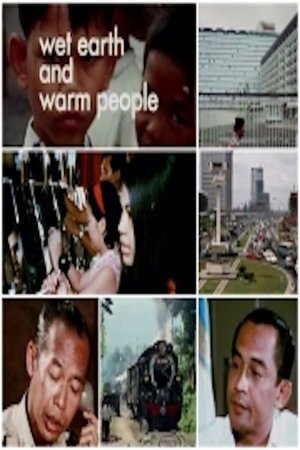 0.0
0.0Wet Earth and Warm People(en)
This documentary by Michael Rubbo (Waiting for Fidel) offers candid glimpses of Indonesia and its people. Filming in and around the capital of Jakarta, the cameras follow where chance leads, capturing the flavour of life in this fertile crescent of tropical islands. Throughout the film, the focus is on a society caught between the past and the conflicting options for the future - to change or not to change from long-established patterns of life to ones more influenced by western technology.
 7.1
7.1Nanook of the North(en)
This pioneering documentary film depicts the lives of the indigenous Inuit people of Canada's northern Quebec region. Although the production contains some fictional elements, it vividly shows how its resourceful subjects survive in such a harsh climate, revealing how they construct their igloo homes and find food by hunting and fishing. The film also captures the beautiful, if unforgiving, frozen landscape of the Great White North, far removed from conventional civilization.
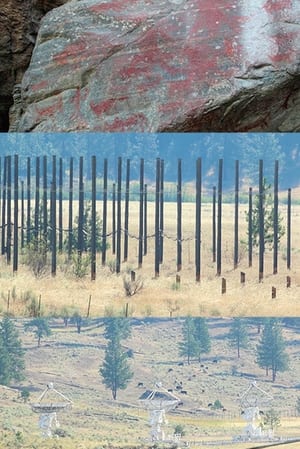 0.0
0.0Origins of consciousness(en)
Experimental meditation on land, consciousness, and artificial intelligence. Shot in the Okanagan and West Kootenays. Original music by Jack Brintnell.
All In(en)
A behind-the-scenes look at the team and event that made history. The DVD chronicles the Rider's incredible run to the 101st Grey Cup Championship game and their historic victory on home soil. This 70 minute feature takes you behind the scenes of the Roughrider's 2013 season, the Grey Cup Championship Game, the Grey Cup Festival and the aftermath of one of the greatest moments in Roughrider history. Insightful interviews get you up close and personal with General Manager Brendan Taman, Head Coach Corey Chamblin, broadcasters, event crews and the players that made it all happen.
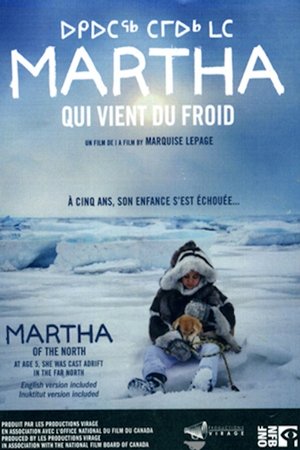 0.0
0.0Martha of the North(en)
In the mid-1950s, lured by false promises of a better life, Inuit families were displaced by the Canadian government and left to their own devices in the Far North. In this icy desert realm, Martha Flaherty and her family lived through one of Canadian history’s most sombre and little-known episodes.
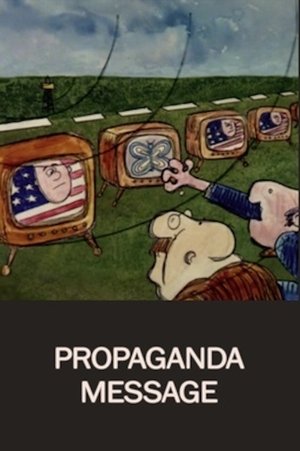 8.0
8.0Propaganda Message(en)
A cartoon film about the whole heterogeneous mixture of Canada and Canadians, and the way the invisible adhesive called federalism makes it all cling together. That the dissenting voices are many is made amply evident, in English and French. But this animated message also shows that Canadians can laugh at themselves and work out their problems objectively.
The Tall Ships in Canada(en)
Captures the highlights of the weekend in July of 2000 when 80 of the world's tall ships arrived in Halifax Harbour before the start of the race back across the Atlantic Ocean for a trans-Atlantic race.
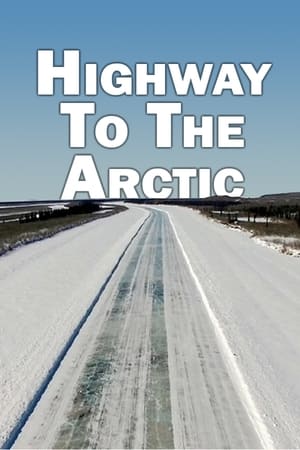 7.0
7.0Highway to the Arctic(de)
Every winter for decades, the Northwest Territories, in the Canadian Far North, changes its face. While the landscape is covered with snow and lakes of a thick layer of ice, blocking land transport, ice roads are converted to frozen expanses as far as the eye can see.
 0.0
0.0The Ballad of Ginger Goodwin(en)
Documentary on BC coal miner and labor activist Ginger Goodwin, his career as a striker, anti-war efforts, persecution and assassination by a hired gun of the RCMP. Explores locations around Cumberland and the West Kootenays in present day.
 0.0
0.0Gentleman Bandit(en)
Documentary on the Canadian career of train robber Billy Miner, who became a folk hero in British Columbia. Locations near Kamloops and Mission are explored in present day.
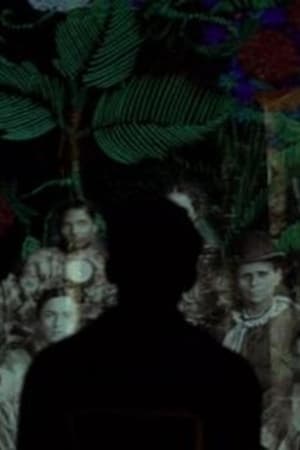 0.0
0.0La ravissante(fr)
In the form of a poetic love letter to its nation, this short film reveals a strong community and the anchoring of the new generation in this rich culture.
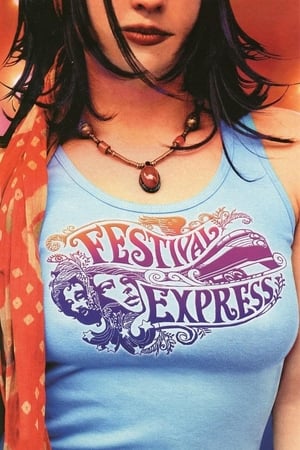 7.1
7.1Festival Express(en)
The filmed account of a large Canadian rock festival train tour boasting major acts. In the summer of 1970, a chartered train crossed Canada carrying some of the world's greatest rock bands. The Grateful Dead, Janis Joplin, The Band, Buddy Guy, and others lived (and partied) together for five days, stopping in major cities along the way to play live concerts. Their journey was filmed.
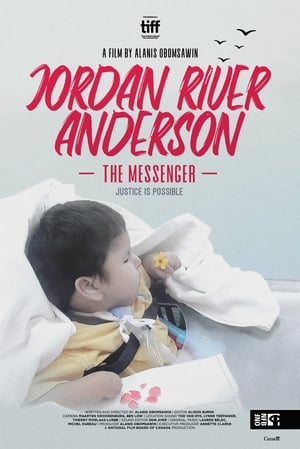 8.0
8.0Jordan River Anderson, The Messenger(en)
The story of a young boy forced to spend all five years of his short life in hospital while the federal and provincial governments argued over which was responsible for his care, as well as the long struggle of Indigenous activists to force the Canadian government to enforce “Jordan’s Principle” — the promise that no First Nations children would experience inequitable access to government-funded services again.
